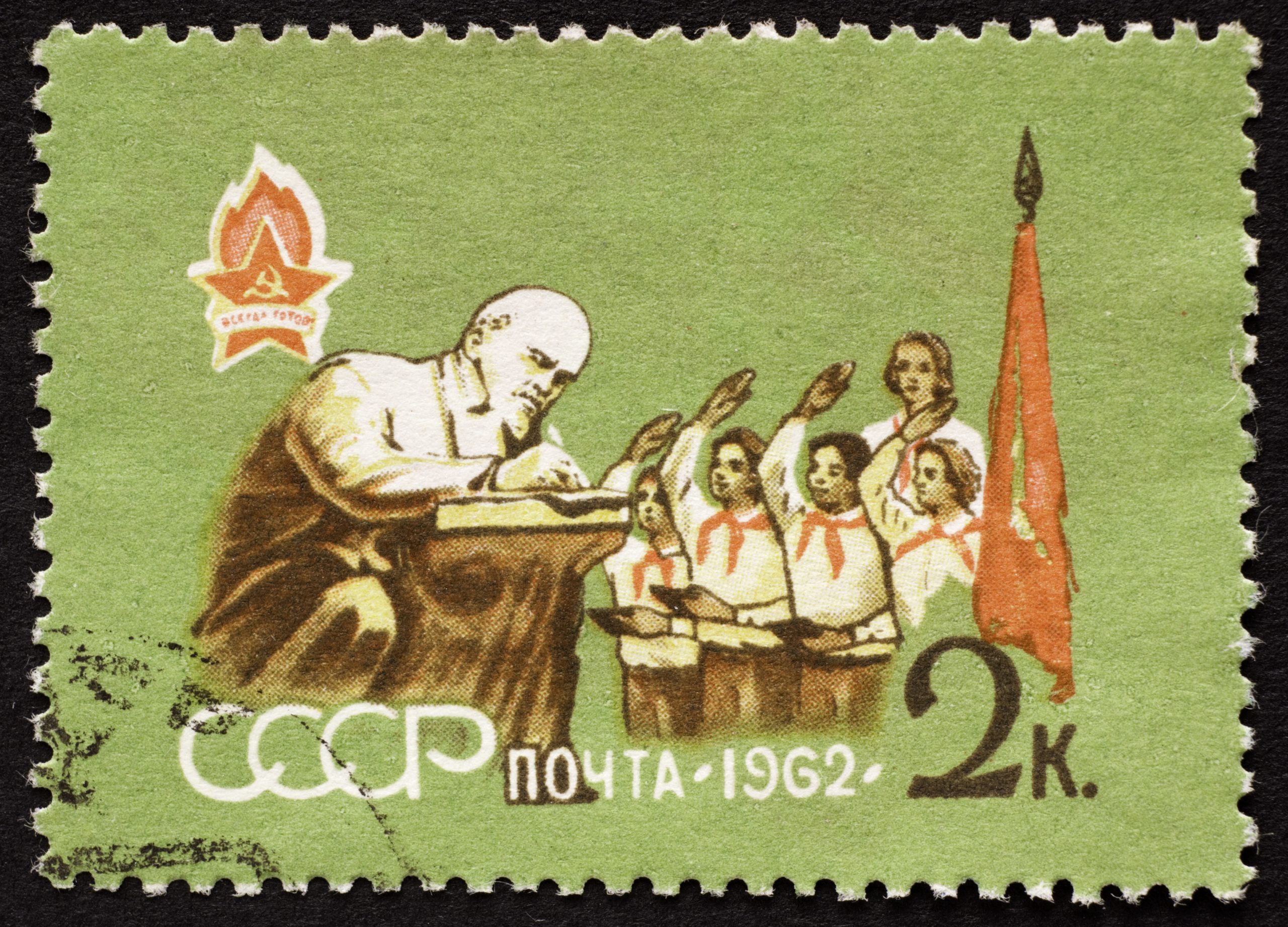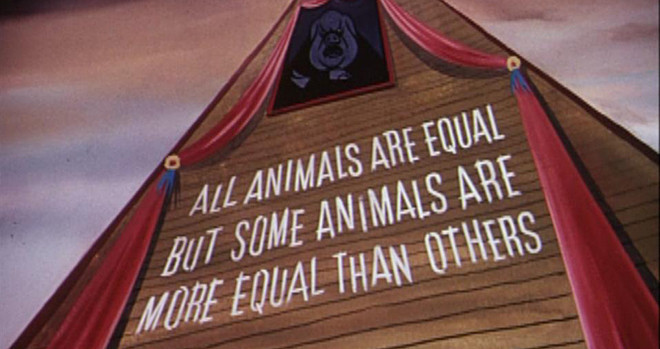Neo-Marxists are Communizing your children.
Protecting the Pedo Community

The Left is outraged by Sound of Freedom.
Despite silent treatment from movie reviewers and a campaign of scorn directed against the film, Sound of Freedom continues to do well in the box office, making even more money in the second weekend after its release than its opening weekend. Evidently, the story of a special agent going on a mission to save a young girl from child traffickers resonates with the public. And by most accounts, the film succeeded both in entertaining audiences as well as inspiring them to act against child trafficking.
So why is there so much pushback against the film, including angry insistences that it is “QAnon-adjacent” propaganda? What serious arguments can critics possibly make against the film, and are these arguments valid?
The primary criticism of the movie takes issue with how it mischaracterizes the nature of child trafficking. The victims in the movie are young pre-teen children, but this only constitutes one-third of child-trafficking victims. Two-thirds of trafficked minors are between ages 15 and 17. Additionally, the perpetrators of child trafficking are typically people who are familiar with the victims who con them into slavery, not a shadowy ring of pedophiles abducting random children. In most cases, child traffickers will take advantage of young adults who want to run away from home because they are neglected or abused.
If these critics had their way, Sound of Freedom would have ditched the story of a brave agent saving a young child from sex trafficking in favor of showing social workers and lawyers working through custody battles and court cases. The villains wouldn’t be perverts exploiting minors, but parents who drive away their children because of their ignorance and intolerance. The movie would be unbearably preachy and boring, but it would at least satisfy the sensibilities of the cultural gatekeepers.
Perhaps these criticisms would have merit if nearly every movie didn’t violate the demand for strict realism. This is like criticizing Breaking Bad because it doesn’t truly capture the realities of the crystal meth trade. Most meth producers and high-level dealers are not high school chemistry teachers and suburban dads trying to pay for their cancer treatments, but impoverished immigrants and young adults from broken homes. While the former is more entertaining, a show about the latter would help inform people on an important issue—of course, no one would actually bother watching it, but that’s besides the point.
But even this analogy gives too much credit to the critics who denounce Sound of Freedom. It is simply wrong to dismiss the film as Q-Anon conspiracy porn. It is based on a real person who performed real feats of heroism. Perhaps some parts are embellished for the sake of enhancing the narrative, but it’s dishonest to say that these are outright fabrications because they don’t reflect the majority of child trafficking cases. Like any other movies based on a true story, it focuses on an exception to shed light on a certain issue or aspect of life.
So what is the real problem that critics have with Sound of Freedom? Considering the lurid stories of Jeffrey Epstein and other high-profile sexual predators in Hollywood, it’s not unreasonable to imagine a collective effort to cover up a massive criminal enterprise that implicates powerful individuals in the media. The elites who run these institutions obviously want to keep people in the dark about their nefarious activities, and movies that touch upon child trafficking might expose them.
Or it could be that Sound of Freedom casts judgment on a not-yet-protected class of people: pedophiles, or as their defenders call them, “Minor-Attracted-Persons.” Instead of portraying these individuals with sensitivity and sympathy, the movie casts them as irredeemable villains. To endorse such a movie, or even recognize it, would possibly stoke hatred against this group of people, who are supposedly more misunderstood than anything else.
Already, this kind of logic is used with other protected groups (which somehow never includes children). No villain in a movie will be a person of color or LGBTQ, and if they are, they will be treated with so much care that they will cease to be villains. If a film somehow bypasses this rule, and thus threatens to perpetuate a dangerous stereotype, it will be universally ignored, or condemned if it somehow gains traction with audiences.
Most people, particularly parents, would argue that pedophiles are truly sick people who pose a real threat to society, but for today’s leftists all this sounds like hate speech. In many ways, the hostile reception of Sound of Freedom mirrors that of Matt Walsh’s documentary What Is a Woman? No one can say that either film perpetuates falsehoods, nor can they deny that they each place the welfare of children at the heart of their messages. Nevertheless, they both reflect the conservative notion of limiting how one identifies and behaves; they dare to take away the moral high ground from progressives who place identity above everything.
Fortunately, both films have succeeded despite this resistance, showing that most Americans still have common sense and appreciate stories where bad guys are punished and children are saved. If it’s any consolation to leftist culture warriors who’ve transcended such binaries, neither film is likely to mobilize a violent mob against sexual deviants. It turns out that most people can be exposed an argument or a story, enjoy it for what it is, and come away better informed and more motivated to do good. At some point, if filmmakers still care about making money, they might consider following their lead.
The American Mind presents a range of perspectives. Views are writers’ own and do not necessarily represent those of The Claremont Institute.
The American Mind is a publication of the Claremont Institute, a non-profit 501(c)(3) organization, dedicated to restoring the principles of the American Founding to their rightful, preeminent authority in our national life. Interested in supporting our work? Gifts to the Claremont Institute are tax-deductible.
Identity politics legitimizes inequality and the moral superiority of its elite.
"Porn literacy" aims to make sure that schools are exposing kids to the broadest range of sexualized matter.



